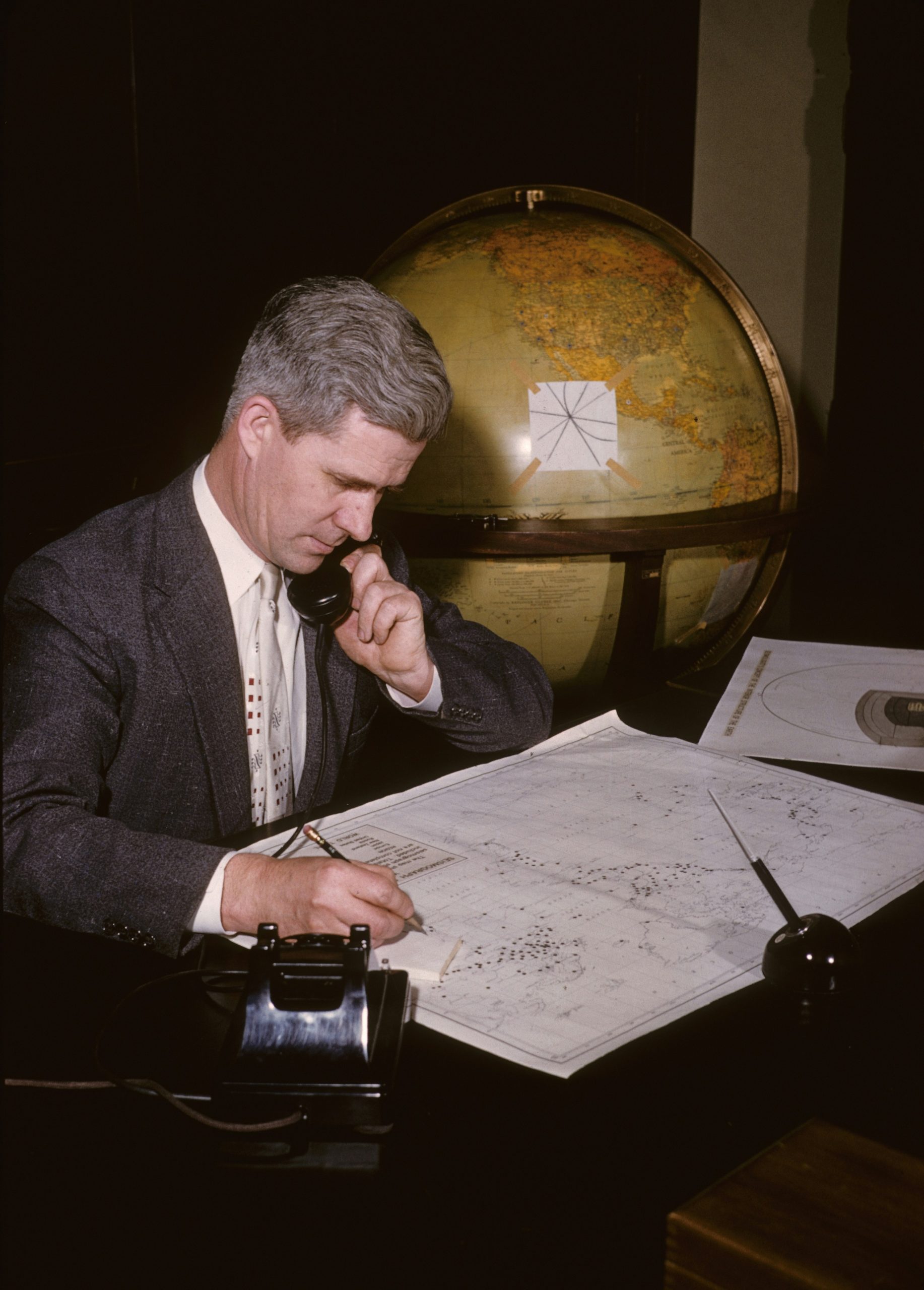
The Role of Mentors in Athletic Development
Introduction
Athletic development is a multifaceted journey that involves physical prowess, mental resilience, and strategic planning. While coaches play a pivotal role in refining skills and techniques, mentors offer a unique dimension to an athlete’s growth. This article explores the significance of mentors in athletic development, examining their impact on performance, mindset, and career longevity.
Defining the Mentor in Athletics
In sports, a mentor is more than a coach; they are a trusted advisor who provides guidance beyond technical training. Mentors typically have firsthand experience in the sport or a related field, offering wisdom gained through their own career or coaching journey.
For instance, in basketball, Kobe Bryant famously sought guidance from Michael Jordan, who provided insights not just on skill development but also on mental toughness and navigating the pressures of professional sports.
Key Roles and Responsibilities
- Personal Development: Mentors nurture personal growth by instilling discipline, resilience, and a strong work ethic. They often serve as role models, demonstrating the behaviors and attitudes required for success.
- Career Guidance: Mentors offer strategic advice on career decisions, such as choosing the right competitions, managing endorsements, and planning for post-athletic life.
- Mental Conditioning: They help athletes manage stress, overcome setbacks, and maintain focus during critical moments. This aspect is crucial in high-pressure sports like tennis, where mental fortitude can determine victory.
- Network Building: Mentors facilitate networking opportunities, connecting athletes with industry professionals, sponsors, and potential collaborators.
Impact on Performance
The influence of mentors on athletic performance is profound. Studies have shown that athletes with mentors tend to achieve higher levels of success and sustain longer careers compared to those without mentoring relationships.
“Having a mentor gave me insights that I wouldn’t have gained otherwise. It’s about more than just skills; it’s about understanding the game and yourself.”
Case Studies
1. Michael Phelps and Bob Bowman
Michael Phelps, the most decorated Olympian of all time, attributes much of his success to his coach and mentor, Bob Bowman. Bowman not only refined Phelps’ swimming technique but also mentored him through personal challenges, enhancing his mental resilience.
2. Alex Ferguson and Cristiano Ronaldo
Legendary football manager Alex Ferguson mentored Cristiano Ronaldo during his formative years at Manchester United. Ferguson’s guidance not only shaped Ronaldo’s playing style but also prepared him for the pressures of being a global sports icon.
Conclusion
Mentors are integral to the holistic development of athletes, offering invaluable support beyond technical training. Their role in fostering personal growth, providing career guidance, and enhancing mental resilience cannot be overstated. As sports continue to evolve, the mentor-athlete relationship remains a cornerstone of enduring success in athletics.



